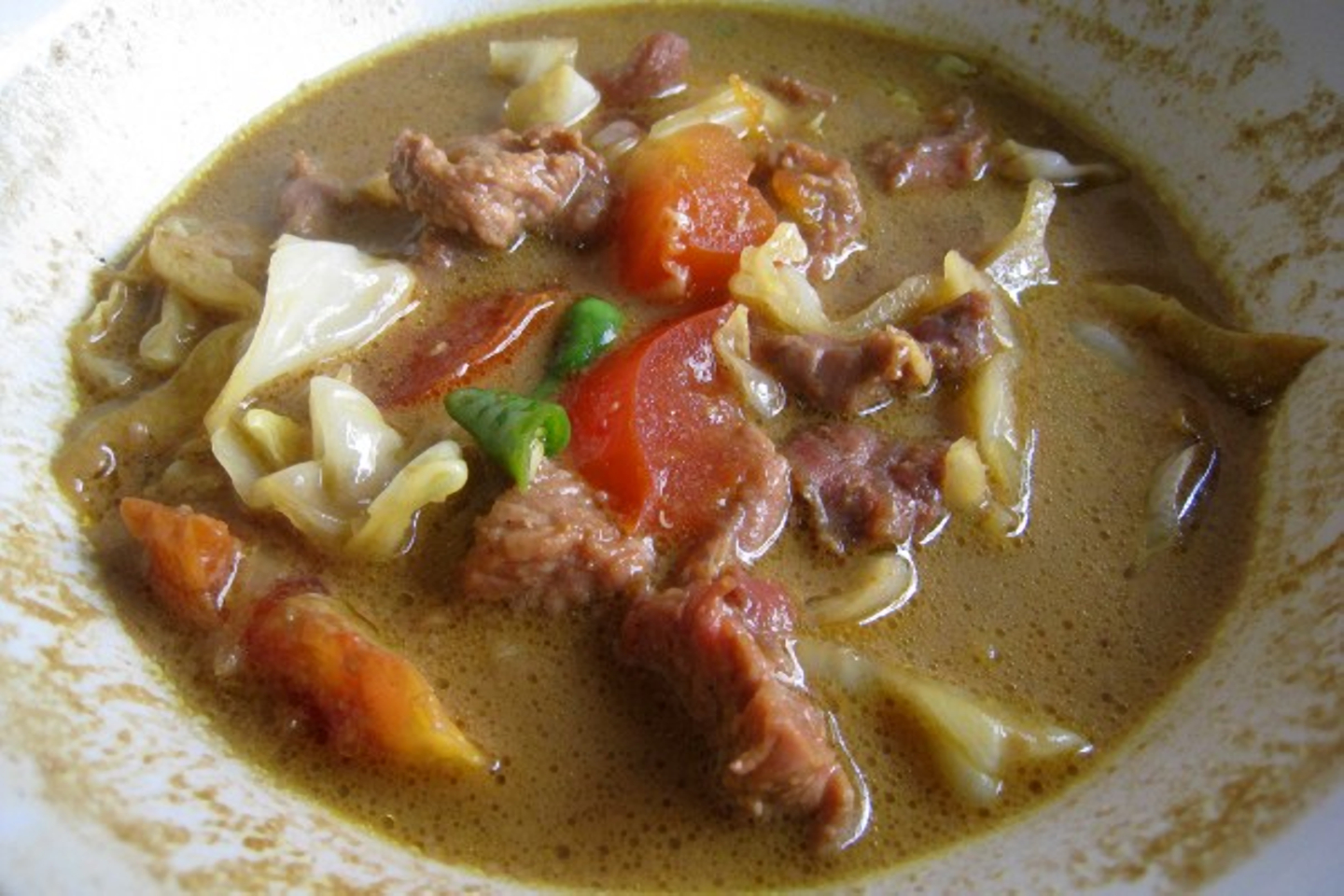

In the Dynasty Warriors franchise, the kingdom is symbolized by the color green and a Chinese dragon as a reference to Qinglong. Shu, also known as Shu Han, is one of the three influential kingdoms in the Dynasty Warriors, Romance of the Three Kingdoms, Dynasty Tactics series, and Kessen II. Historical records suggest that Zhou Yu and Lu Su devised the concept of two kingdoms. In Romance of the Three Kingdoms, the concept was devised by Zhuge Liang on Liu Bei's third visit but this is not the case in history. However, the term "kingdoms" has been popularized in several translations. Technically, neither of them ruled any sort of kingdom since their lands were actually individual empires. The kingdom of Eastern Wu, led by the Sun family The kingdom of Cao Wei, led by the Cao family The kingdom of Shu Han, led by the Liu family (Liu Bei's branch) Out of the warring regional lords, three of them eventually gained enough power to claim themselves as the emperors of the land. It ended the Han Dynasty and separated the land into civil conflict. The Three Kingdoms era refers to a historical period in China that lasted from 220~280 AD.

The battles are based on real events, except for the hypothetical story arcs that can take place if you choose a certain warrior in the game.
Pang tong kessen ii movie#
The game itself is very excessively exaggerated and anime-inspired so it's about as accurate as the movie "Braveheart". "Dynasty Warriors" is extremely loosely based on the classic historical novel, Romance of the Three Kingdoms. IF YOU KNOW WHAT DYNASTY WARRIORS IS, PLEASE PROCEED PAST THIS ESSAY.~~ He isn't the saint that he is always shown as in the movies, and he isn't another boring villain.~~WARNING: LORE UP AHEAD. He is calculating, ambitious, and authoritative. The game did portray Shingen perfectly though. He was complex though, and the game should have showed that. He should be counted among Julius Caesar, Frederick II, and Ghenghis Khan. Nobunaga was a true rennaissance man and one of the most progressive leaders in history. I like to feel his disappointments, sadness, and failures. 'Perfect' characters are great in flashbacks and in cameos or Mithraistic situations especially, but not when they are the main character. I don't like seeing any hero (even one I hold in especially high regard) shown as flawless, or as the golden boy.at least when they are center stage. I still think he was less cruel than Ieyasu, but it was in a different way. He could be dark at times, and was no stranger to military discipline. How few leaders, who were strong in other ways, were unable or unwilling to do this.Īll those good things said, Nobunaga still had an element of madness to his personality. One of the reasons I like him was that he did not fear slander, but used it to his advantage. Nobunaga's reputation served him the same way. In fact, he and Janos Hunyadi were the first ones to actually stop the Ottomans dead in their tracks (in the best years of that Empire no less). He was known for his ruthlessness by his enemies, and that served him well. All that aside, he was a military genius and a national hero. Even his name means son of the Dragon (a synonym for the devil in the western world).
.png)
.png)
Now think about it: Vlad (aka Dracula) is traditionally shown as a bloodthirsty and evil man. A good comparison for Nobunaga would be Vlad Tepes. Ivan the Czar was just a nutcase even though he was a military genius. I don't think being ruthless necessarily makes you bad.


 0 kommentar(er)
0 kommentar(er)
